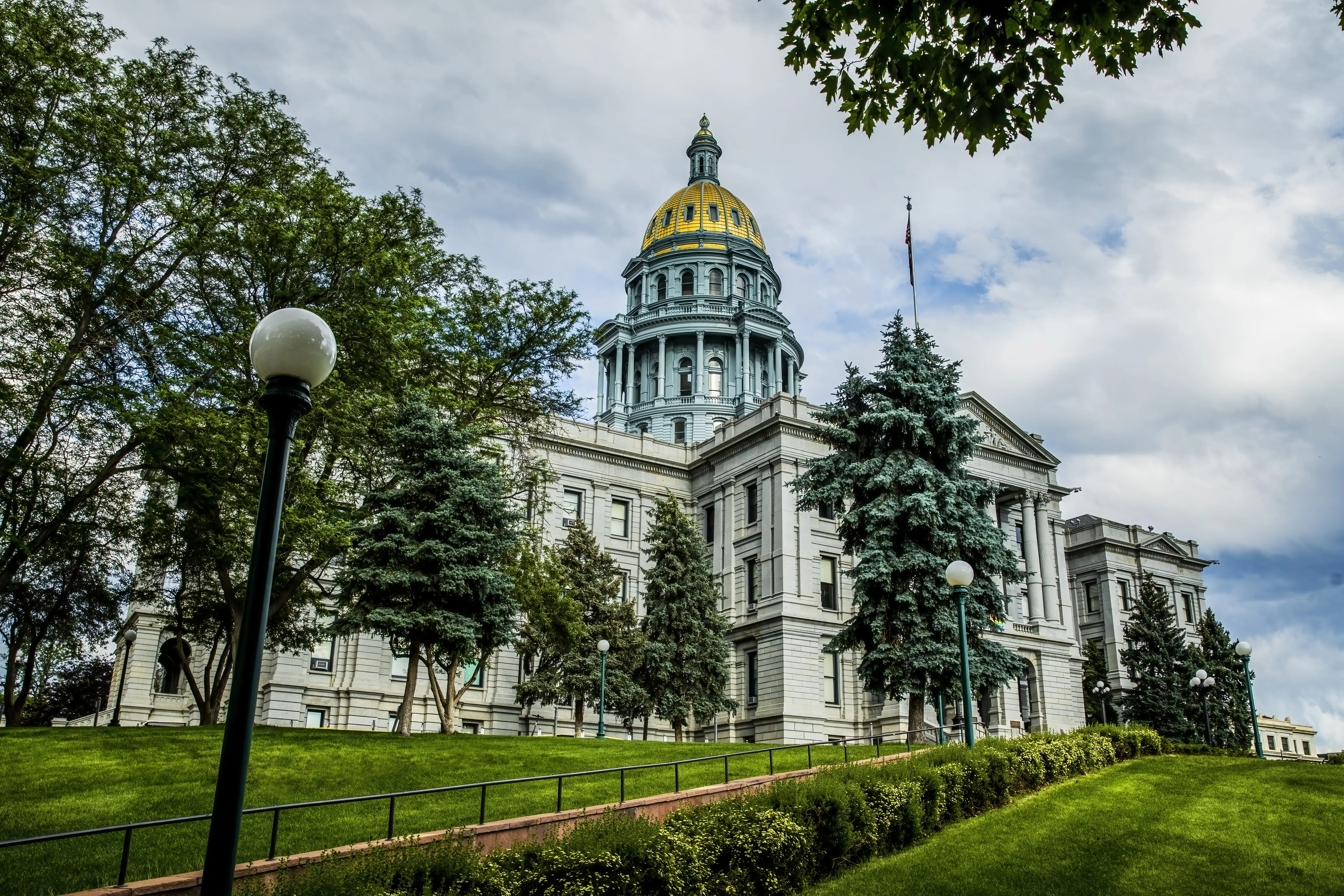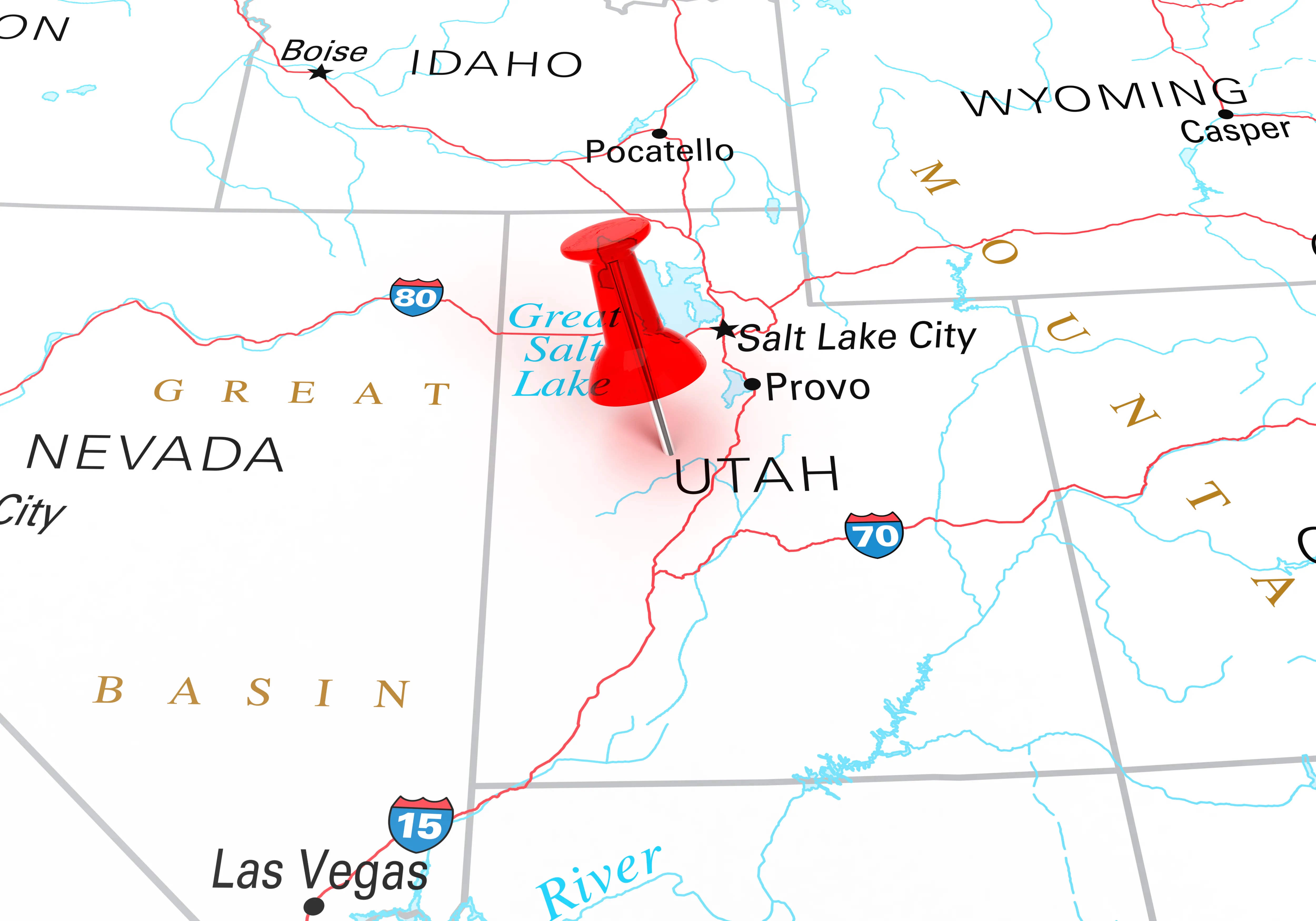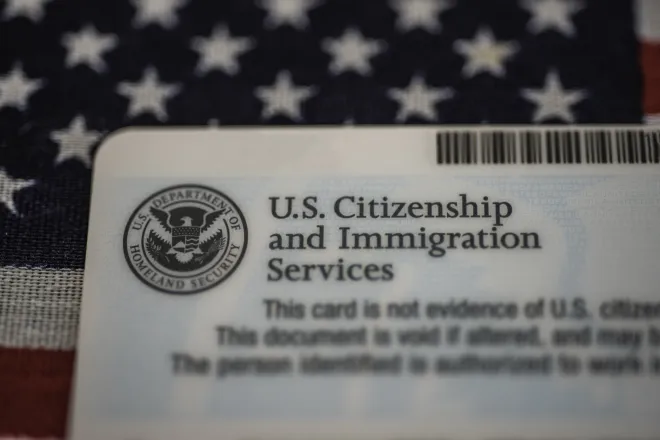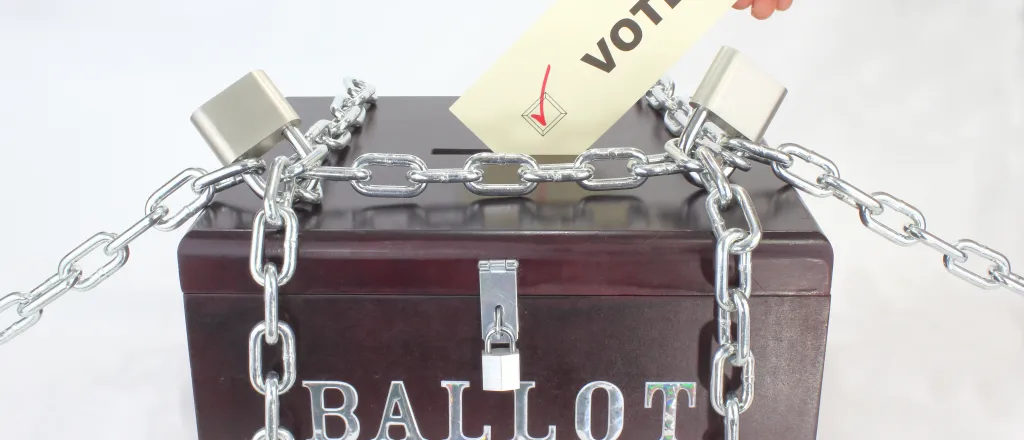
Voters largely reject election deniers as secretaries of state – but the partisan battle for election administration will continue
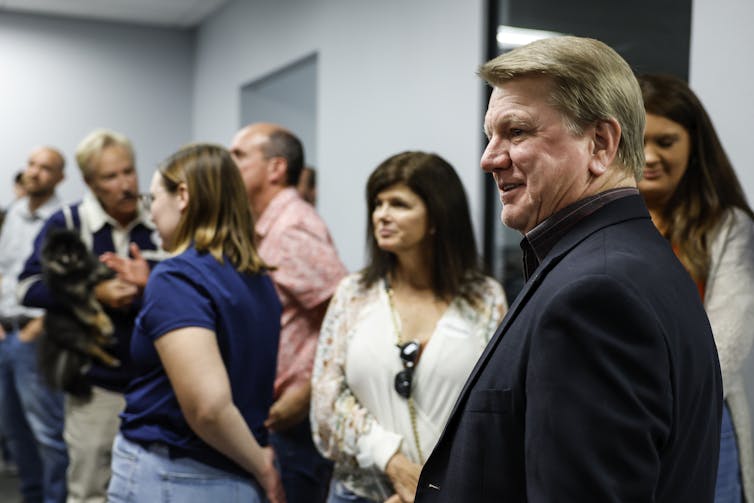
Thom Reilly, Arizona State University
Midterm voters in six states – Arizona, Massachusetts, Michigan, Minnesota, New Mexico and Vermont – appear to have rejected extremist secretary of state candidates who denied the validity of the 2020 presidential election.
Secretaries of state serve key roles as chief election administrators who oversee elections at the state level. Most people holding these jobs are selected through explicitly partisan processes, such as elections or political appointments.
There were 27 secretary of state seats up for election on Nov. 8, 2022. This roster included nine Republican candidates who rejected the 2020 election results and proposed overhauls to how states should oversee elections. These potential changes include eliminating mail voting, ballot drop boxes and even the use of electronic voting machines, while giving more power to partisan election observers.
Final ballots were still being counted in some races as of Nov. 9, including in some key states like Nevada,, where the race remained too close to call.
In two other states – South Dakota and Wyoming – election deniers prevailed. But in the case of Wyoming, Republican Chuck Gray ran unopposed. Republican Monae Johnson, meanwhile, won, as expected, drawing on support from a series of heavily conservative districts in South Dakota.
These results show that people by and large rejected election deniers serving as chief election officials – but that doesn’t mean that people holding these typically apolitical election administration positions will go back to the old, nonpartisan ways of doing the job.
I am a scholar in local public governance, and I believe more hyperpartisan candidates will likely run for the chief election offices in more states in the future. This kind of partisan control of election administration poses problems at this point in the U.S., as it faces threats to democracy. It erodes public trust and intensifies partisan gamesmanship, which in turn further erodes public trust.
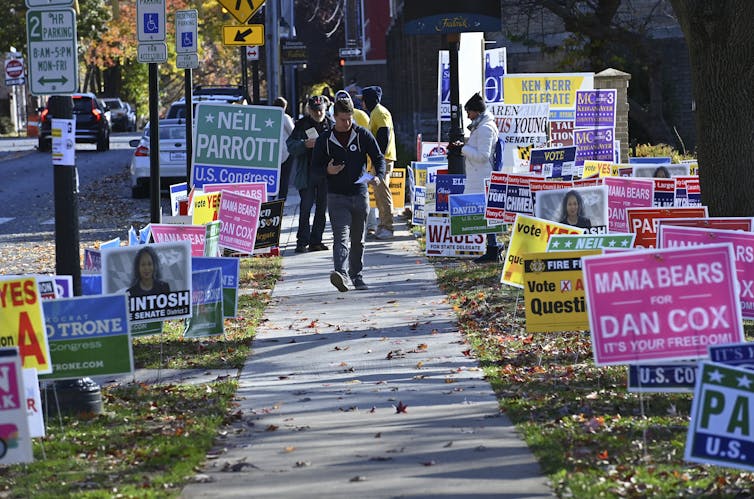
A spotlight on secretaries of state
The U.S. is the only democracy in the world that elects its election officials, and one of the very few to allow high-ranking party members to lead election administration.
In the past, these down-ballot, statewide offices generated little attention. After all, studies have shown both local Democratic and Republican chief election officials acted in impartial ways.
However, there is growing evidence that trust in this important office – often in charge of running and certifying elections of their local, state and national leaders – may be eroding.
It is important to keep in mind that a secretary of state or chief election officer can’t single-handedly change election’s results. But they do have a good deal of influence over elections and voting processes before, during and after an election in a state.
They can refuse to certify the results of an election, triggering a governor or courts to become involved. They influence which issues become ballot measures and how they are described, and they can decertify voting machines.
The power of the post
The influence of secretaries of state could matter in a place like Nevada, for example. Jim Marchant, the Republican secretary of state candidate there, has said that if he is elected, he would push to eliminate mail-in voting, ballot drop boxes and the use of electronic voting machines as a way, he says, of diminishing voter fraud risks. He has also promised to decertify Nevada’s 2020 presidential election result, because he believes former president Donald Trump won.
Given these comments, it seems possible that he would also attempt to interfere with the 2024 election. But these changes would require approval from the Nevada legislature, which appears to remain in Democrats’ hands.
The Washington state race is also of note because the Democratic incumbent, Steve Hobbs, remains in a too-close-to-call race with Julie Anderson, a candidate who ran as nonpartisan, without a political party affiliation. A win by the nonpartisan candidate could open the possibility of other states converting the secretary of state’s office into a nonpartisan election. This would align the U.S. with most other democracies.
In Pennsylvania, meanwhile, where the governor appoints the secretary of state, the Republican candidate, Doug Mastriano, who ran as an election denier, lost to Joseph Shapiro.
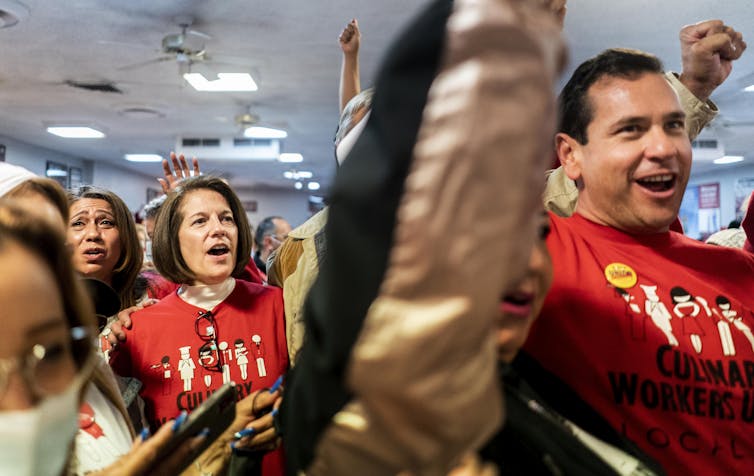
Looking ahead
It appears that voters have largely rejected the vast majority of chief election official candidates who ran their campaigns as election deniers. But this election season raises questions, and exposes flaws, about how senior election officials are selected in the U.S. The platforms of these election deniers who appeared on the 2022 midterm ballot illustrate the risk that this dynamic poses to ongoing voter trust and future election results.![]()
Thom Reilly, Professor & Co-Director, Center for an Independent and Sustainable Democracy, School of Public Affairs, Arizona State University
This article is republished from The Conversation under a Creative Commons license. Read the original article.



